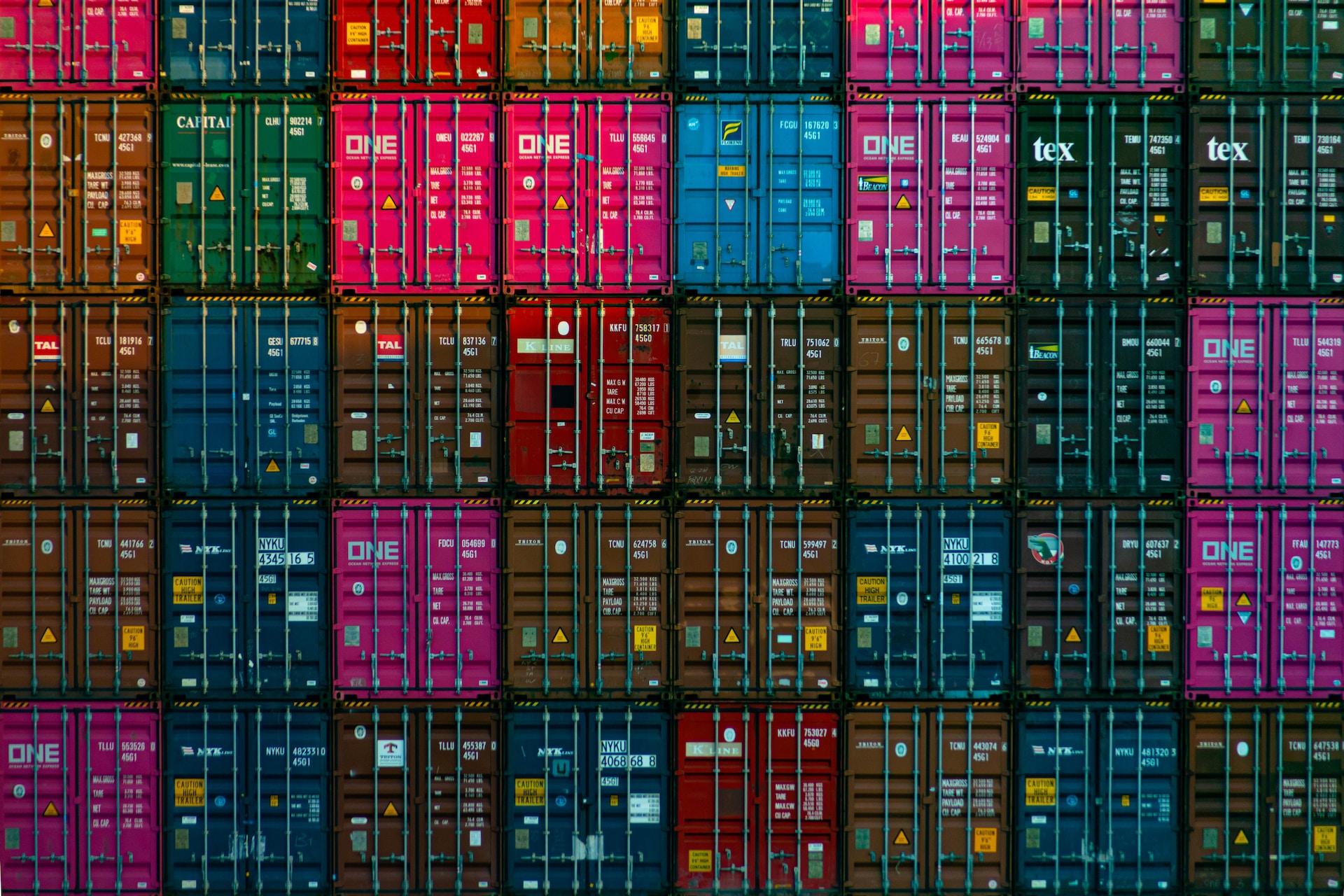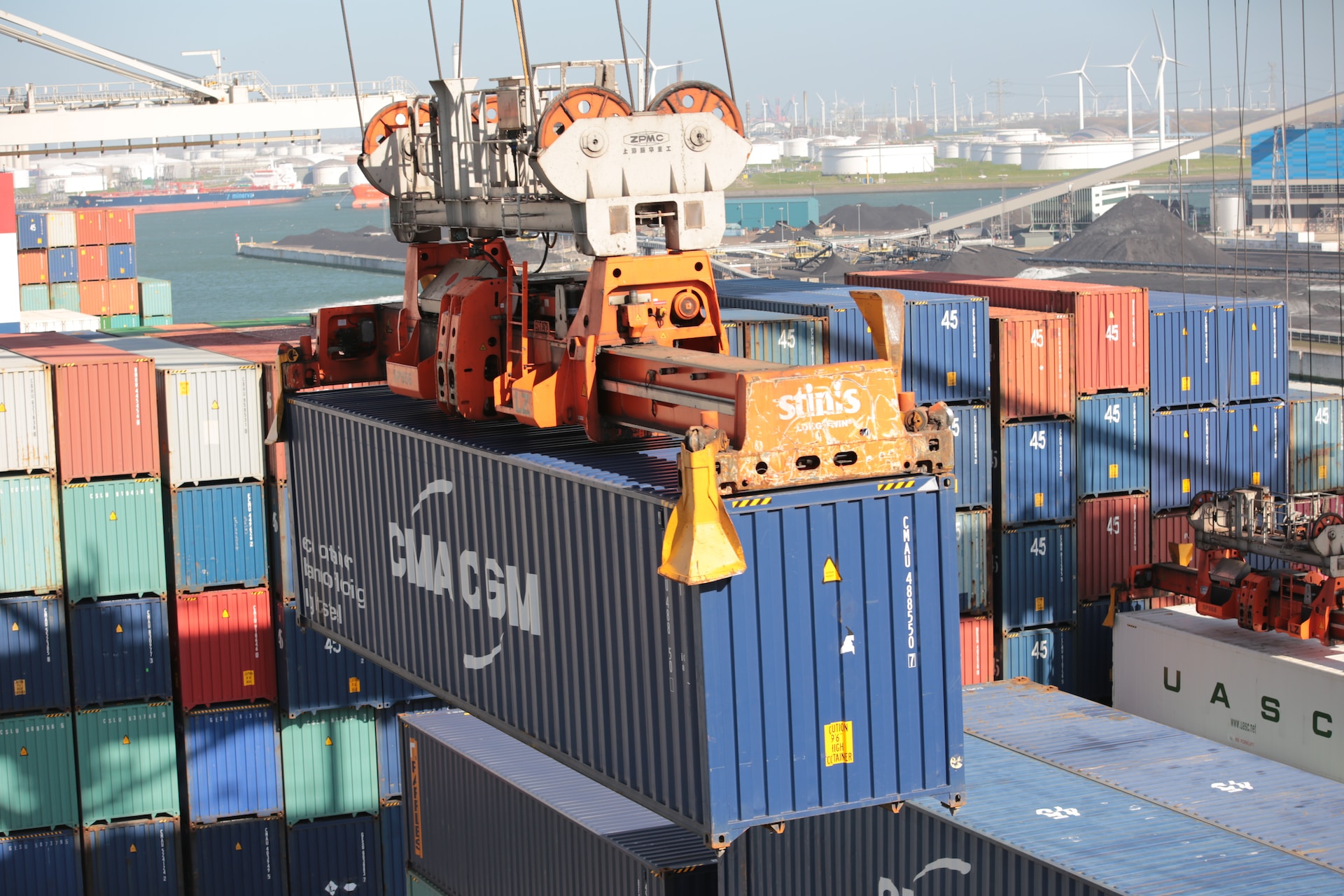Governments engage in international trade for a variety of reasons, including enhanced efficiency and the opportunity for economic growth. Global commerce has benefited countries all around the world by providing new jobs, expanding business operations, and increasing consumer spending power. While there are some potential disadvantages to international commerce, such as the impact on domestic sectors and labor standards, the benefits exceed the costs. As the global economy becomes more intertwined, international trade will continue to be an important component of economic development for countries all over the world.
Access to New Markets
Access to new markets is one of the key reasons why governments engage in international commerce. Countries can access new clients and develop their business operations by exporting goods and services to other countries. For example, China is one of the world's top exporters, and its economy has risen greatly in recent years as a result of its exports. China has acquired access to new markets all over the world, allowing its industries to grow and thrive.
Access to new markets can also help countries that import goods and services. The United States, for example, buys a substantial amount of oil from Saudi Arabia. Without access to this new market, the United States would be forced to rely on more expensive and inefficient domestic supplies of oil.
Increased Efficiency
Another reason governments engage in international commerce is to improve productivity. Countries can take advantage of their comparative advantages and produce commodities more efficiently than other countries by specializing in the production of specific goods and services. Japan, for example, is well-known for its superior technology and electronics industry, whereas Brazil is well-known for agricultural exports. certain countries can create things more efficiently and at a cheaper cost than other countries because they specialize in certain areas.
Economies of scale can also lead to increased efficiency. Countries that produce items in big quantities can benefit from lower manufacturing costs and pass those savings on to consumers. China, for example, produces a substantial volume of consumer goods, and its low labor costs and efficient manufacturing methods have made it a favorite manufacturing location.
Economic Development
The possibility for economic expansion is perhaps the most important reason why countries engage in international commerce. Countries can boost their GDP and create new employment by extending their corporate activities and entering new markets. Singapore, for example, is a small island nation that has achieved substantial economic growth in recent years, owing mostly to its exports. Singapore has expanded tremendously as a result of its status as a commerce and investment centre.
Similarly, importers of products and services might gain from cheaper pricing and higher customer purchasing power. This can lead to higher domestic economic growth and job creation. Mexico, for example, is a large vehicle exporter, and its proximity to the United States has helped it to grow its commercial operations and create new manufacturing employment.
Related Information







